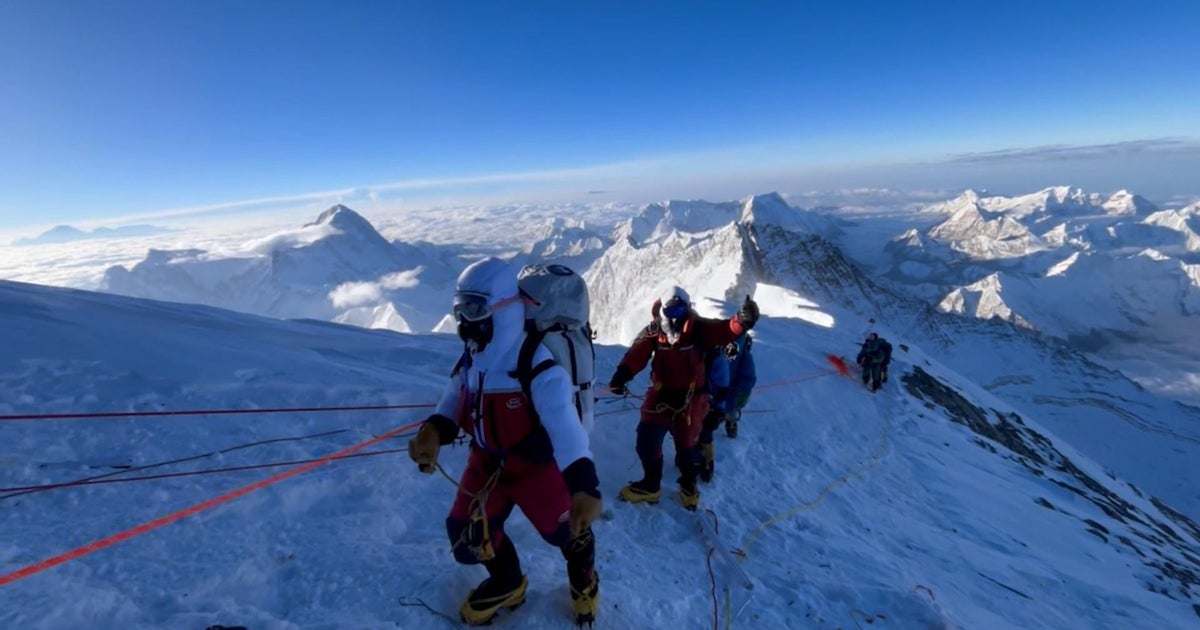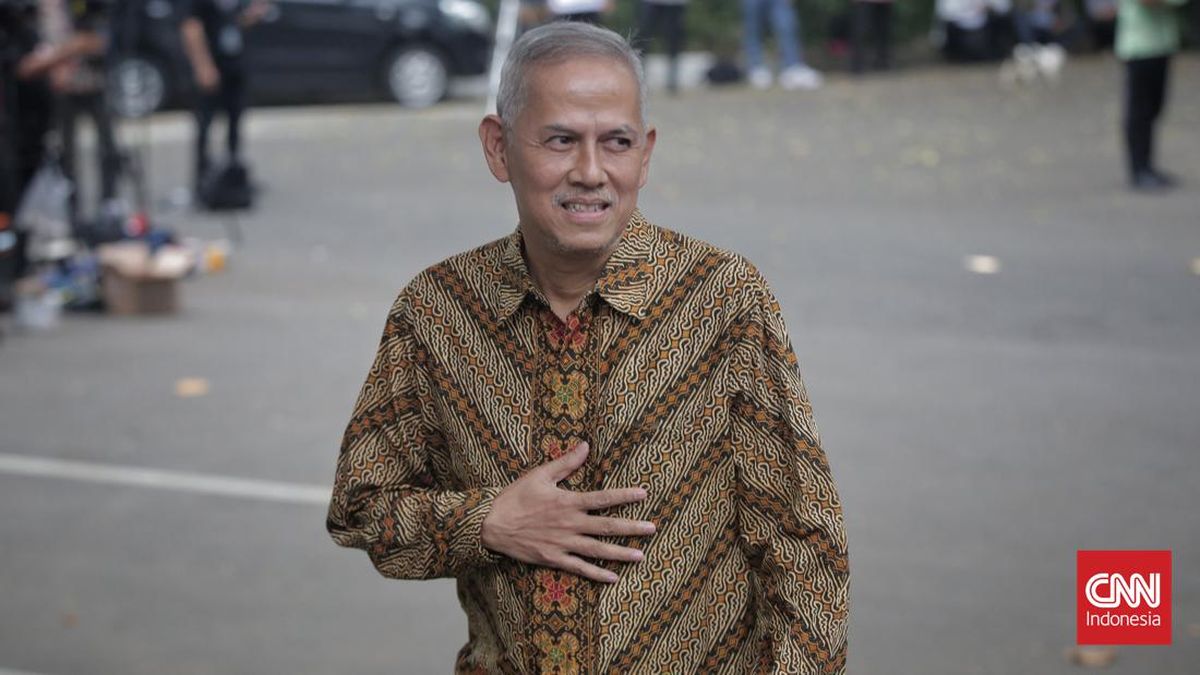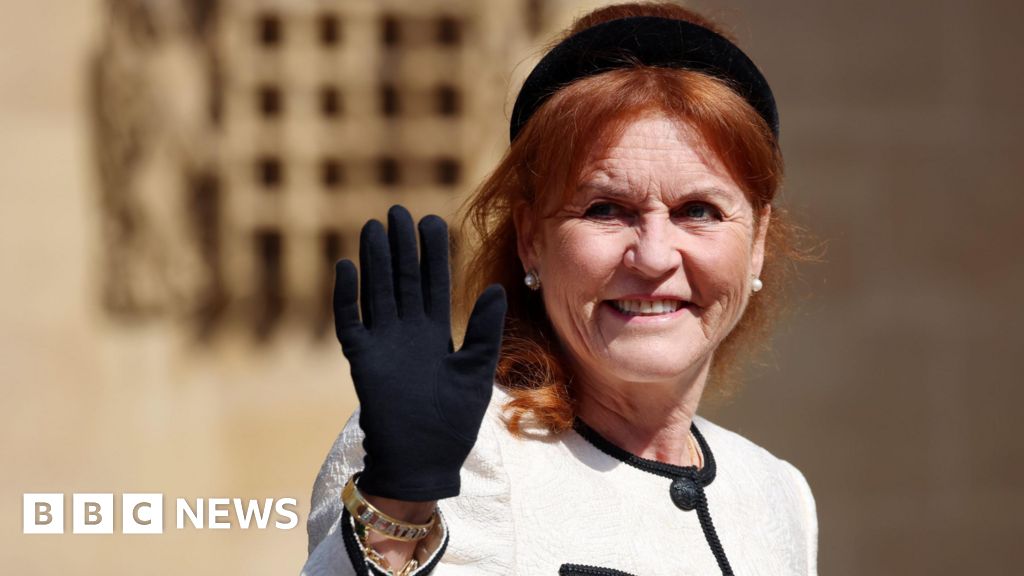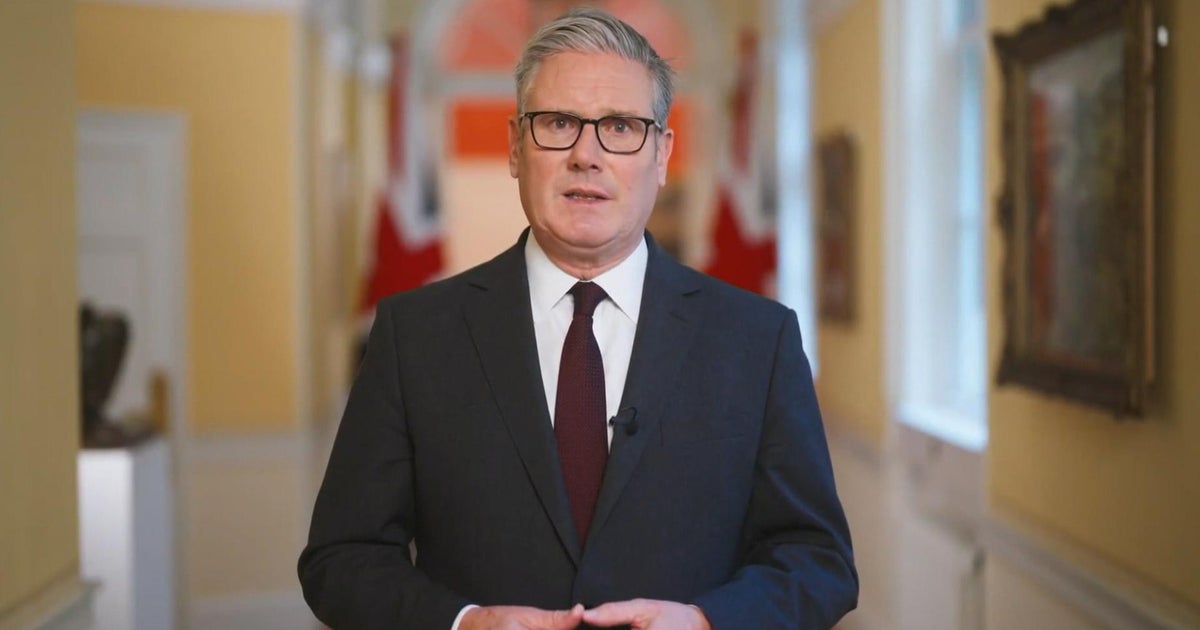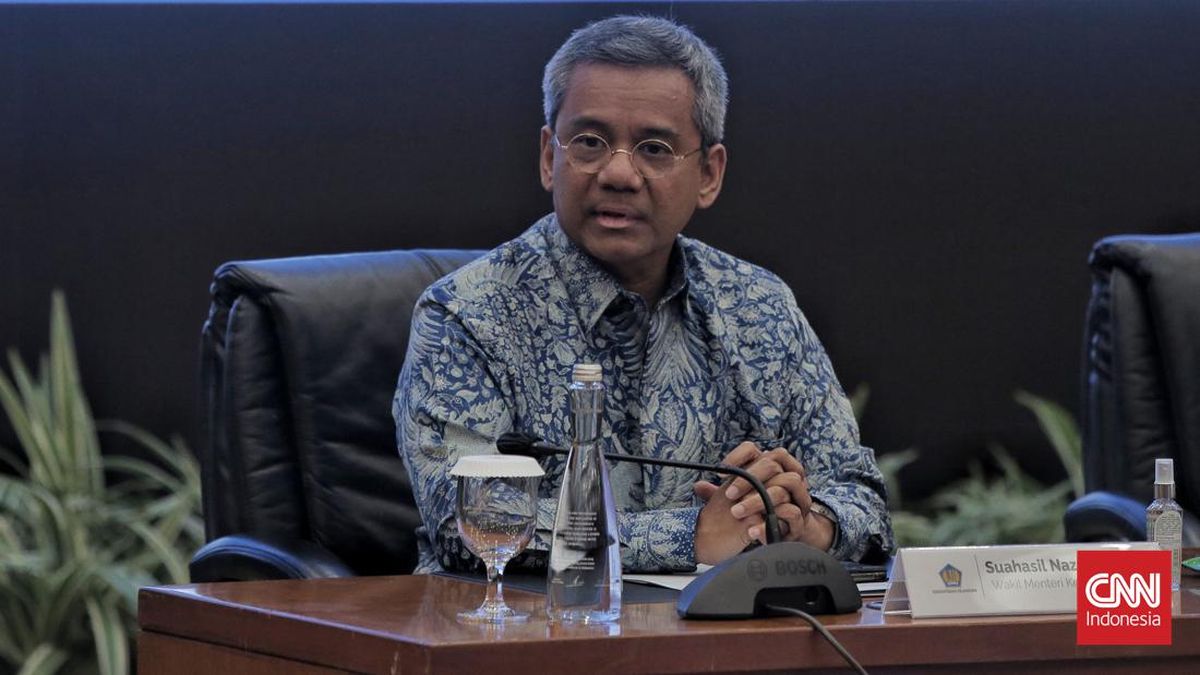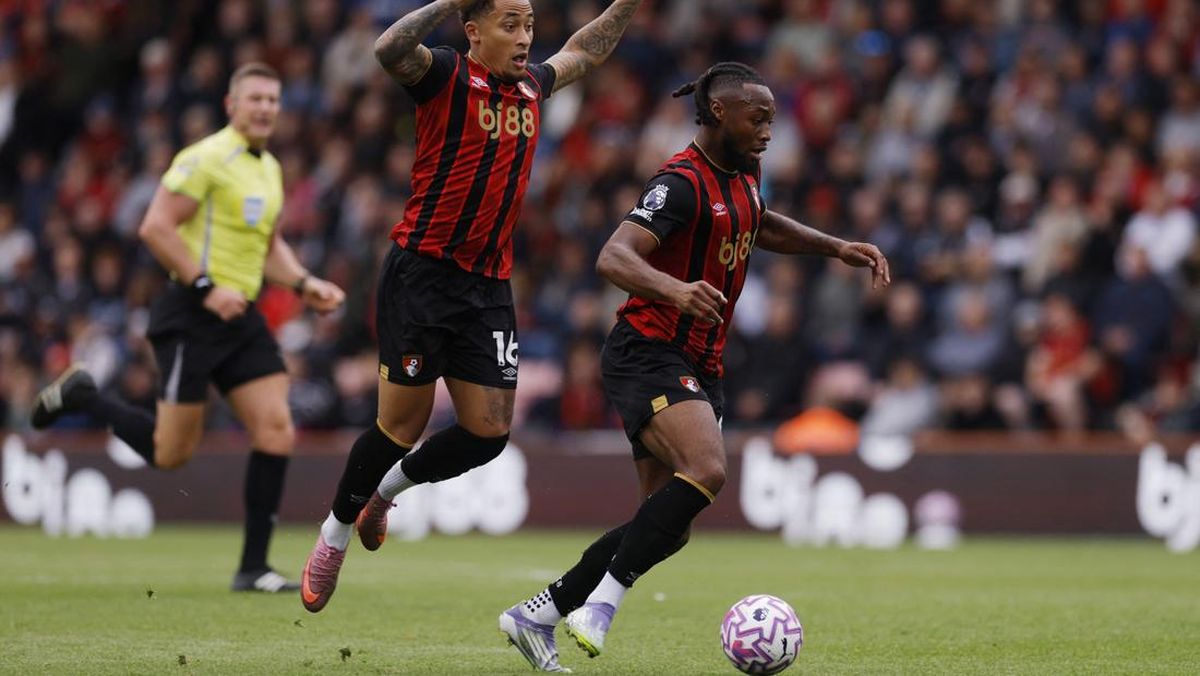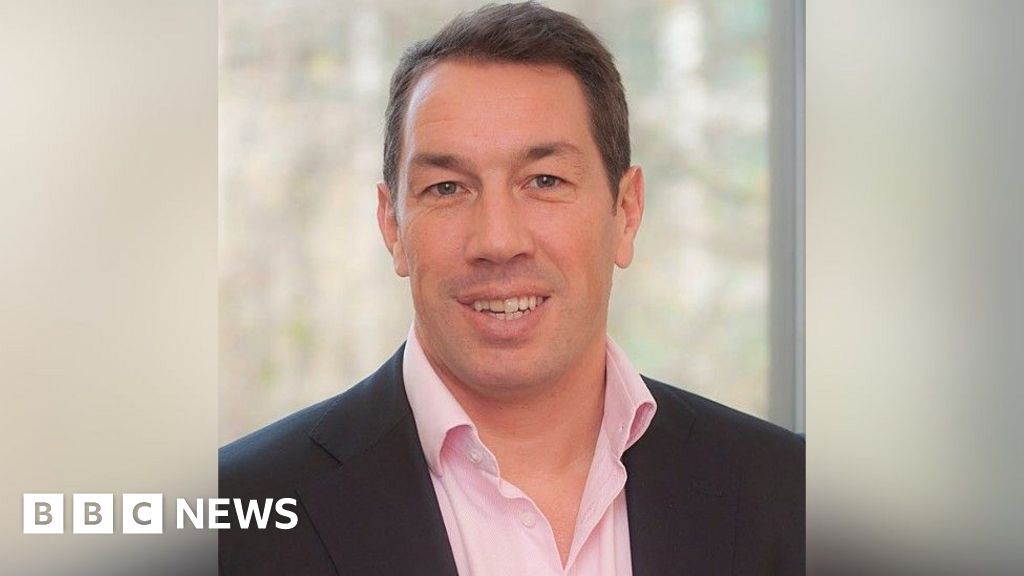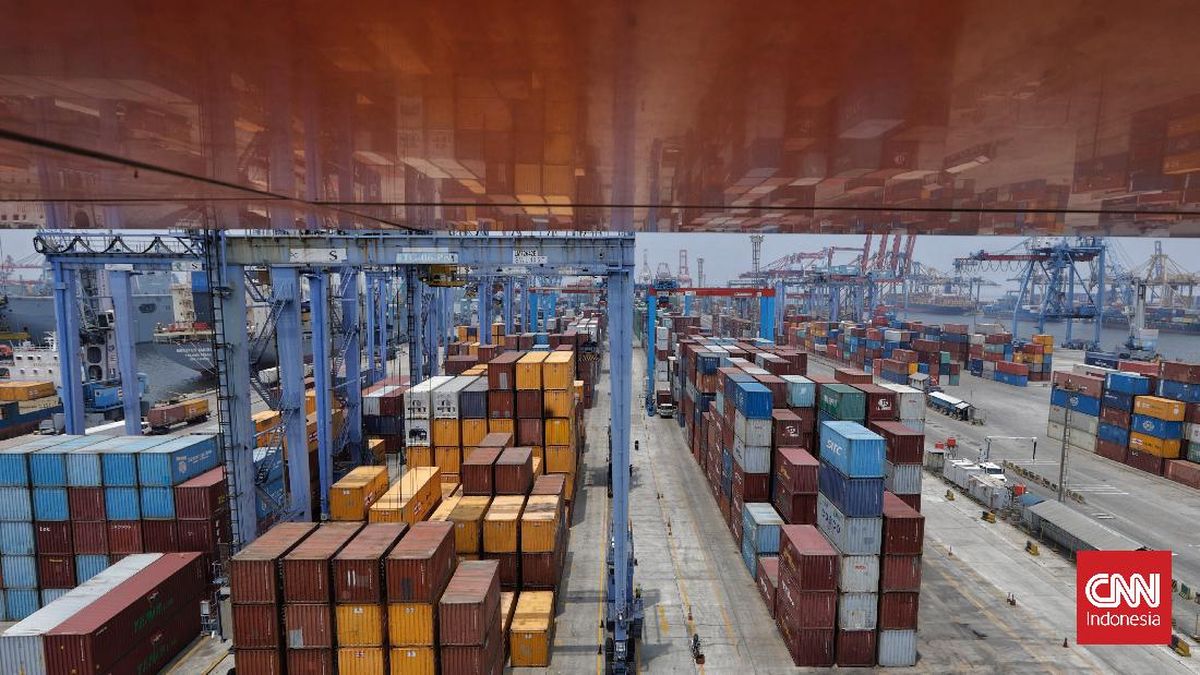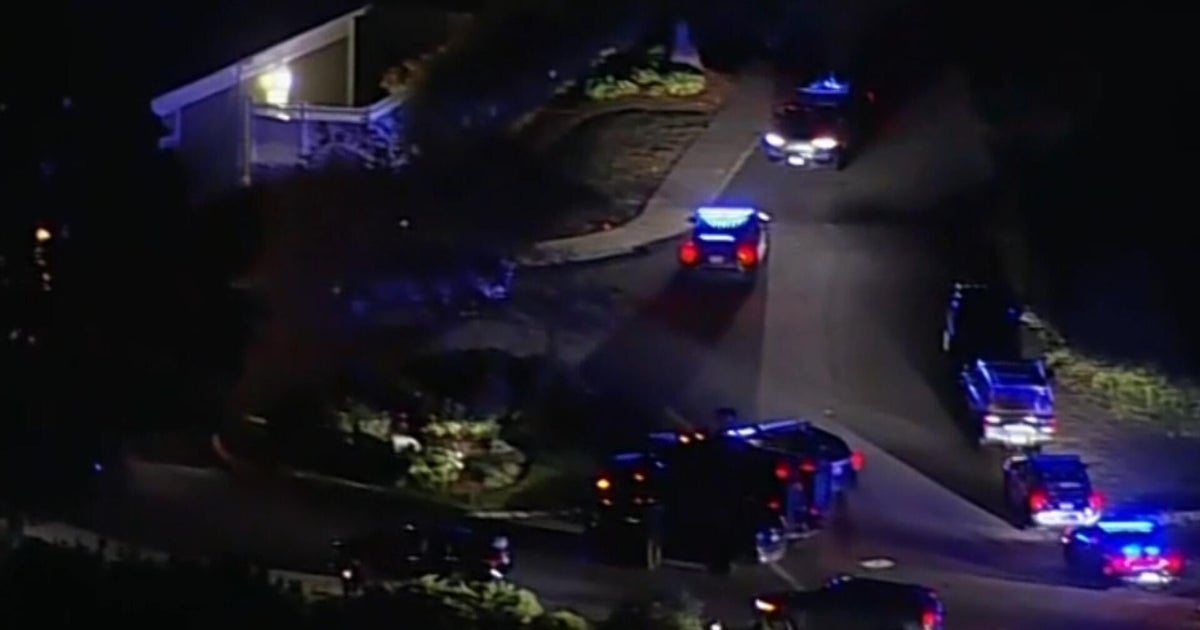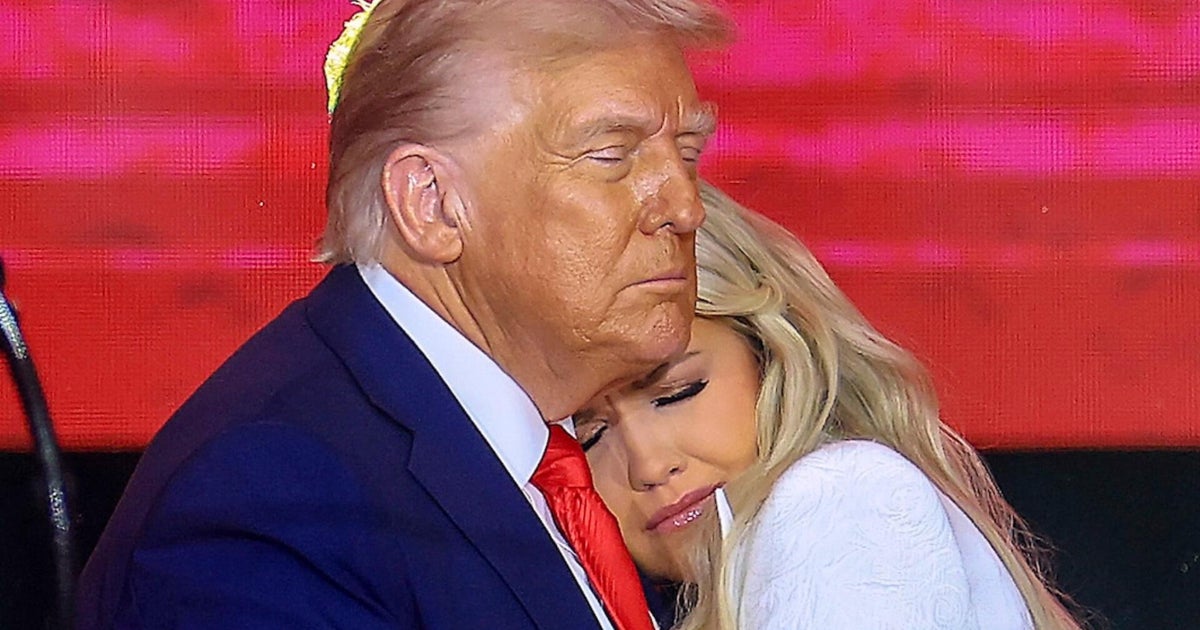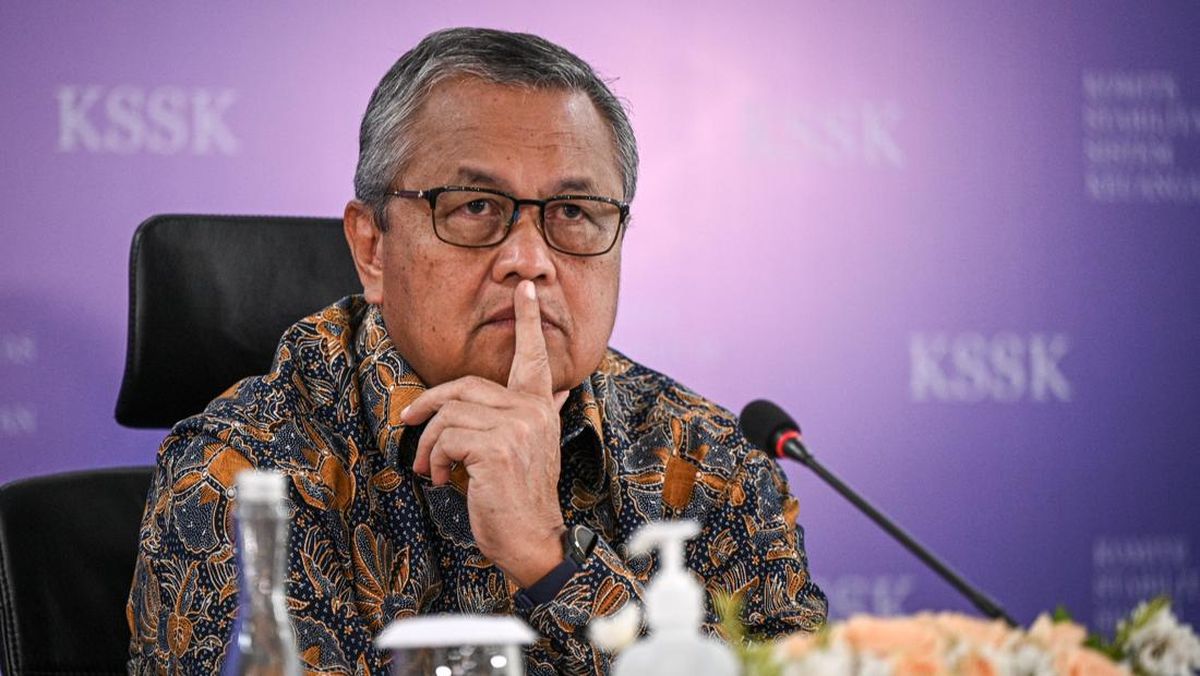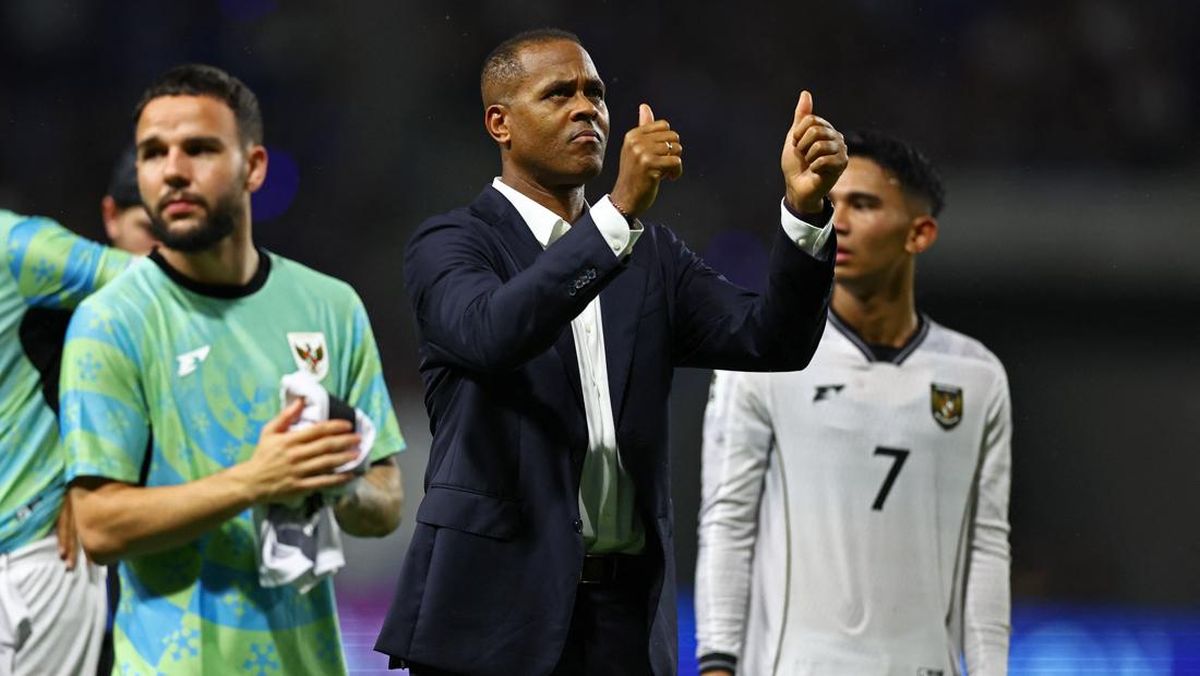Did Trump make progress on wars during trip?
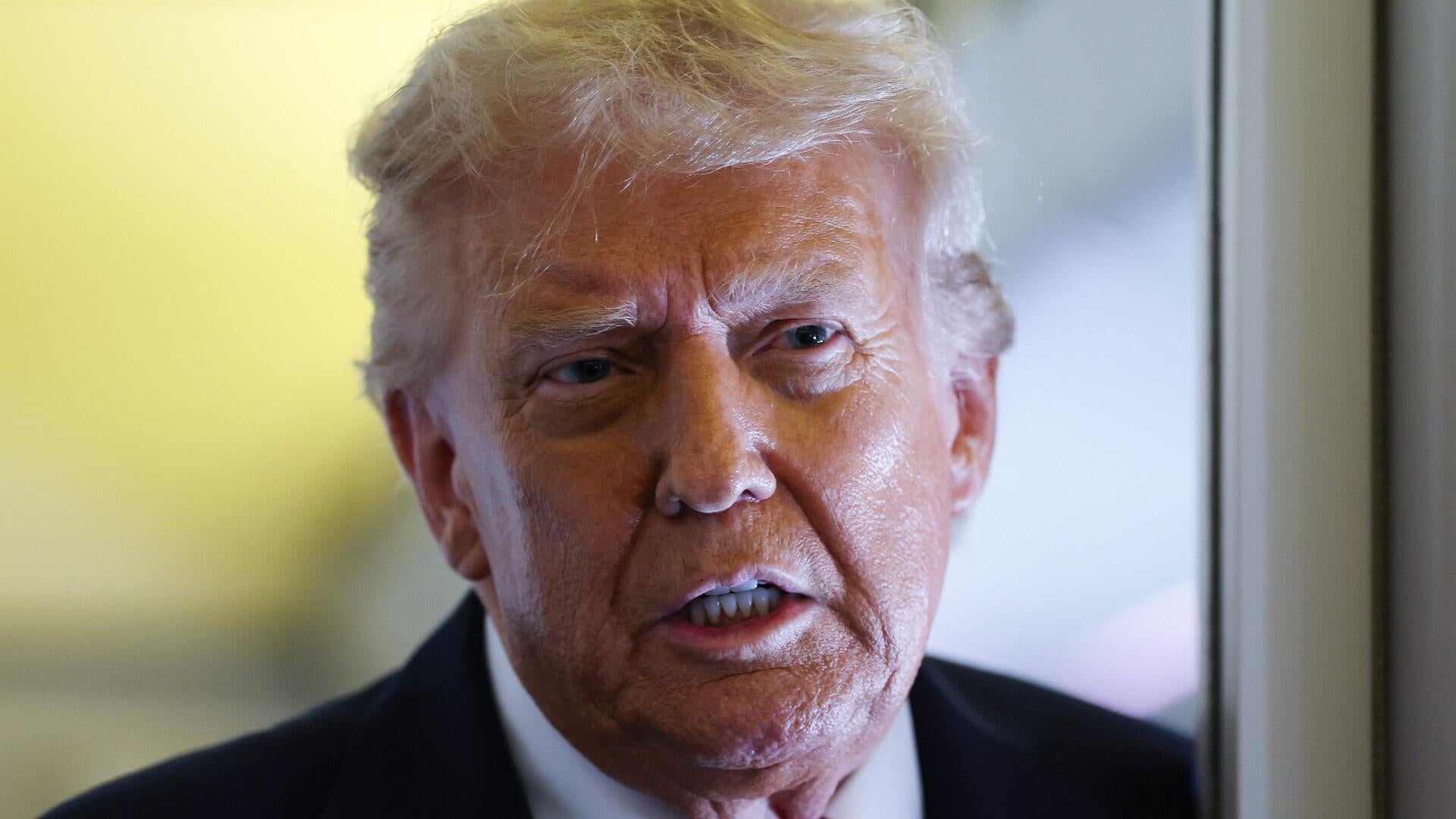
Ukraine's President Volodymyr Zelenskyy is set to lead a diplomatic push this week at the United Nations General Assembly in New York, as international leaders convene and the Security Council is slated to discuss a U.S.-backed proposal to end Russia's three-year war.
Zelenskyy said in a social media post that he was preparing for a "very intense week of diplomacy," adding that he would meet with President Trump during the General Assembly's high-level week. As part of the peace efforts, which Mr. Trump has helped broker but voiced frustration with in recent weeks, Zelenskyy offered to meet directly with Russian President Vladimir Putin to nail down a ceasefire agreement.
But despite hopeful messages from Mr. Trump in the wake of his Alaskan summit in August with Putin, there has been no indication that Moscow is ready to accept a negotiated solution that involves it making any concessions, and Ukraine and Russia have instead continued accusing each other of carrying out near-daily deadly strikes, including on civilian areas.
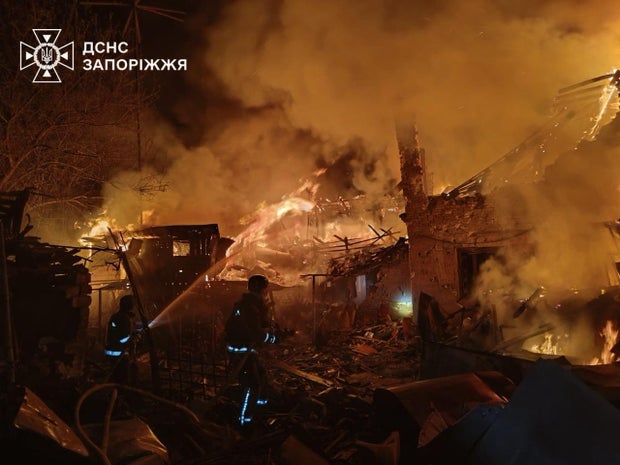 Firefighters on duty following the Russian drone attack in the Zaporizhzhia region of Ukraine on September 16, 2025.
Zaporizhzhia Regional Military Adm./Anadolu via Getty Images
Firefighters on duty following the Russian drone attack in the Zaporizhzhia region of Ukraine on September 16, 2025.
Zaporizhzhia Regional Military Adm./Anadolu via Getty Images
Russia has launched several of its largest strikes of the war on Ukraine's capital Kyiv over the last few weeks. European leaders have warned repeatedly that Putin is essentially playing for time - convincing Mr. Trump to keep negotiations going while he steps up his military assault, without any real interest in a ceasefire as his forces are making incremental gains on the ground.
Concern Russia's war could spread as NATO nations condemn border incursions
Far from an imminent ceasefire in the war, concern has been increasing that the conflict could escalate beyond Ukraine's borders. Several of America's European NATO allies have accused Russia of a series of provocations.
Russian drones were shot down by Polish and allied NATO warplanes after crossing into Polish airspace on Sept. 9. Ten days later, Estonia said Russian fighter jets entered its airspace, drawing recriminations from several NATO nations again.
Latvian President Edgars Rinkevics said on social media that Russia was testing NATO's political and military response and aiming to reduce Western support for Ukraine by compelling countries to redirect resources toward the defense of alliance countries.
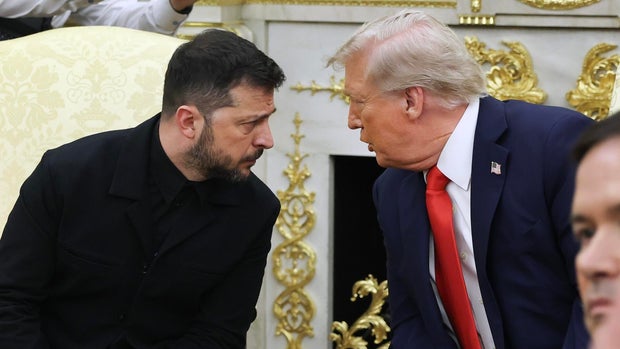 U.S. President Donald Trump meets with Ukrainian President Volodymyr Zelensky at the White House on August 18, 2025 in Washington, DC.
Anna Moneymaker / Getty Images
U.S. President Donald Trump meets with Ukrainian President Volodymyr Zelensky at the White House on August 18, 2025 in Washington, DC.
Anna Moneymaker / Getty Images
Russia has denied that its planes entered Estonia's airspace, with Kremlin spokesman Dmitry Peskov saying Russian aircraft remained in international airspace and accusing the European nations of "escalating tensions and provoking a confrontational atmosphere."
Jonatan Vseviov, who heads the Estonian foreign ministry, told the country's ERR public broadcaster on Monday that the government had "irrefutable evidence" of the Russian incursion, however, adding: "The fact that Russia is provocatively and dangerously violating the airspace of a NATO country is one thing. The fact that it is openly lying to the whole world about it is another."
Underlying all of the Ukrainian president's efforts during his visit to the U.S. for the United Nations assembly this week, will be a push for his partners to implement further sanctions aimed at punishing the Russian economy, particularly around oil and energy trade, which Mr. Trump has hinted he is willing to do.
Speaking during a state visit to the U.K. last week, Mr. Trump lamented his inability to broker a ceasefire in Ukraine since he took office in January, noting that he thought it would be easier to achieve. He said Putin had "really let me down," and called on America's European allies to completely halt all purchasing of Russian energy products to financially squeeze Moscow.
"It is vital that this week strengthen the world's resolve for robust action (against Russia)," Zelenskyy said in his social media post. "For without strength, peace will not prevail."

